Botswana Safe Male Circumcision Additional Strategy for HIV Prevention

The Botswana National Safe Male Circumcision Strategy is a part of the country’s national HIV prevention strategy. Designed to increase the prevalence of male circumcision from 20 percent to 80 percent, it addresses the rationale for safe male circumcision, opportunities, challenges, guiding principles, objectives, implementation modalities, and financing the scale-up of male circumcision.
A Framework for Voluntary Medical Male Circumcision: Effective HIV Prevention and a Gateway to Improved Adolescent Boys’ and Men’s Health in Eastern and Southern Africa by 2021 (VMMC 2021)
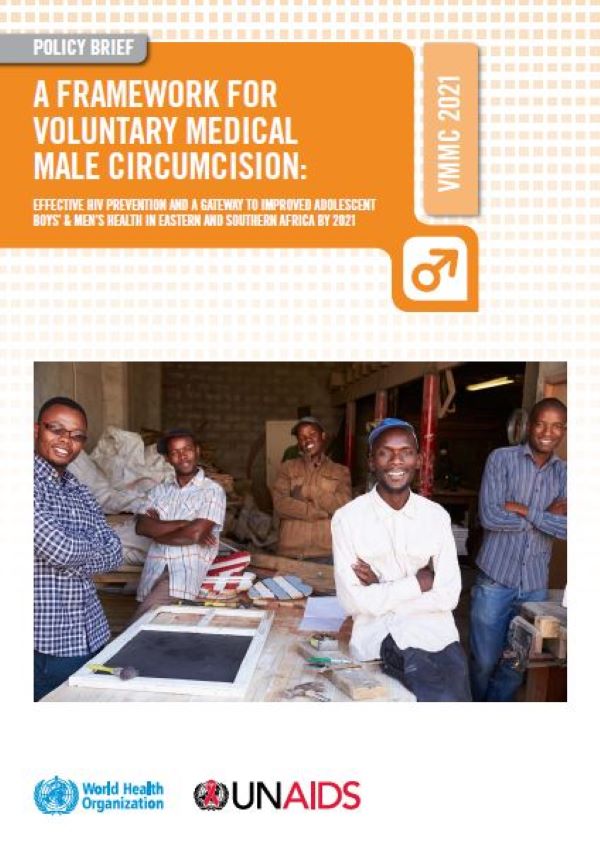
This document provides strategic direction on accelerating access to voluntary medical male circumcision (VMMC) for HIV prevention through 2021. Its title reflects a new emphasis on using VMMC as an entry point for a broader range of health services to improve the well-being of adolescent boys and young men.
Association Between Male Circumcision and Women’s Biomedical Health Outcomes: A Systematic Review
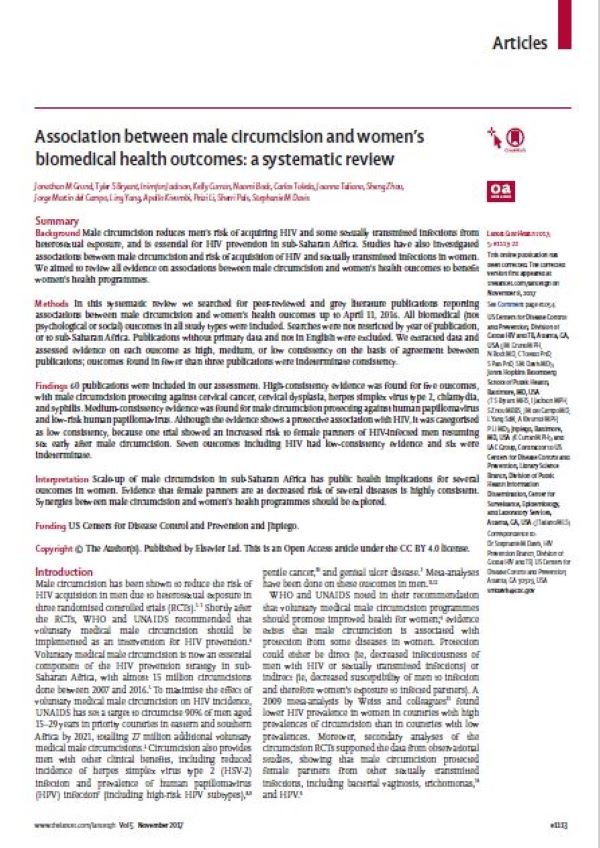
A systematic review of the benefits of VMMC on women’s health – such as protection from cervical cancer and its precursor cervical dysplasia, herpes simplex virus type 2, chlamydia, and syphilis.
Making Medical Male Circumcision Work for Women
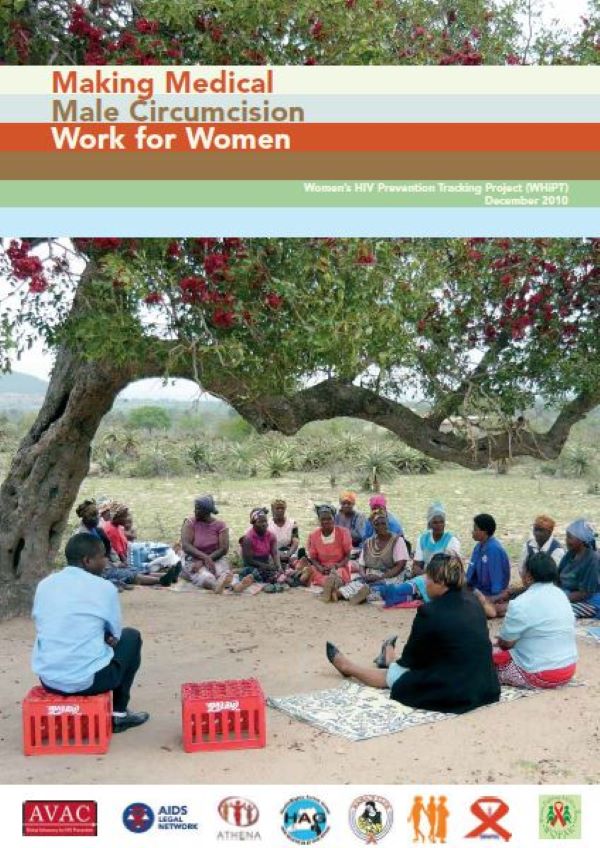
A report documenting women’s perspectives on male circumcision for HIV prevention based on interviews and focus group discussions with about 500 women in HIV-affected communities in Kenya, Namibia, South Africa, Swaziland, and Uganda. The report offers recommendations on how to ensure that the rollout of voluntary medical male circumcision is safe and beneficial to whole […]
Talking man to man. The story of Brothers for Life

This report charts the story of Brothers for Life (B4L), a multi-faceted campaign targeting men to impact on specific areas of knowledge and practices in HIV prevention.
HIV Prevention 2020 Road Map: Accelerating HIV prevention to reduce new infections by 75%
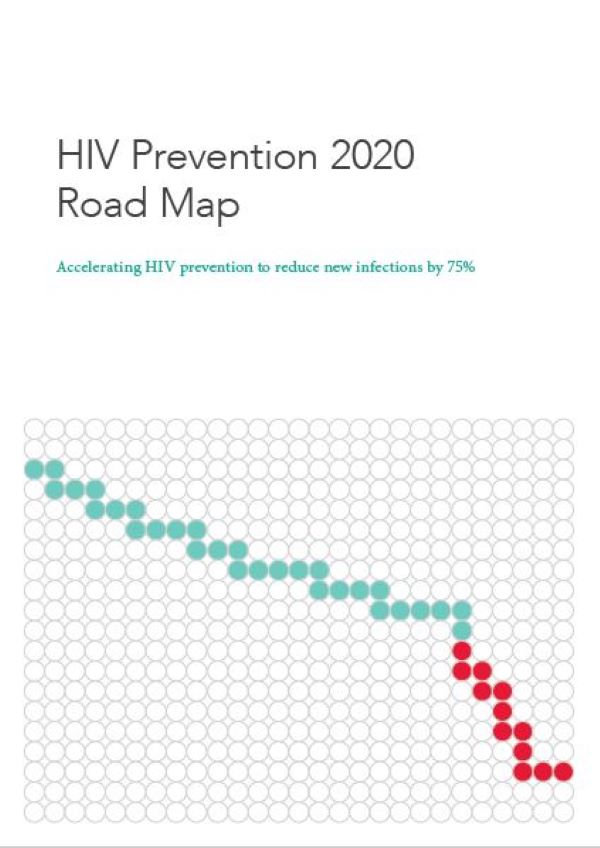
The Prevention 2020 Road Map provides the basis for a country-led movement to scale up HIV prevention programs as part of Fast-Tracking a comprehensive response to meet global and national targets and commitments to end AIDS as a public health threat by 2030.
Implementing Comprehensive HIV/STI Programmes with Sex Workers: Practical approaches from collaborative interventions
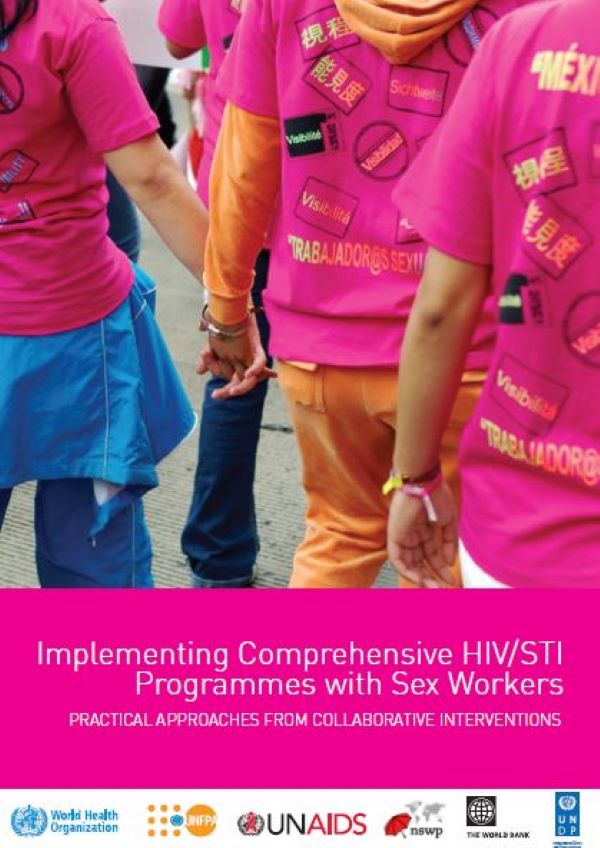
This document sets out technical recommendations on effective interventions for the prevention and treatment of HIV and other sexually transmitted infections (STIs) among sex workers. It also contains examples of good practice from around the world that may support efforts in planning programs and services and describes issues that should be considered and how to […]
Disability and HIV policy brief

This Policy Brief discusses the actions needed to increase the participation of persons with disabilities in the HIV response and ensure they have access to HIV services which are both tailored to their diverse needs and equal to the services available to others in the community.
Implementing Comprehensive HIV and STI Programmes with Men Who Have Sex with Men: Practical guidance for collaborative interventions
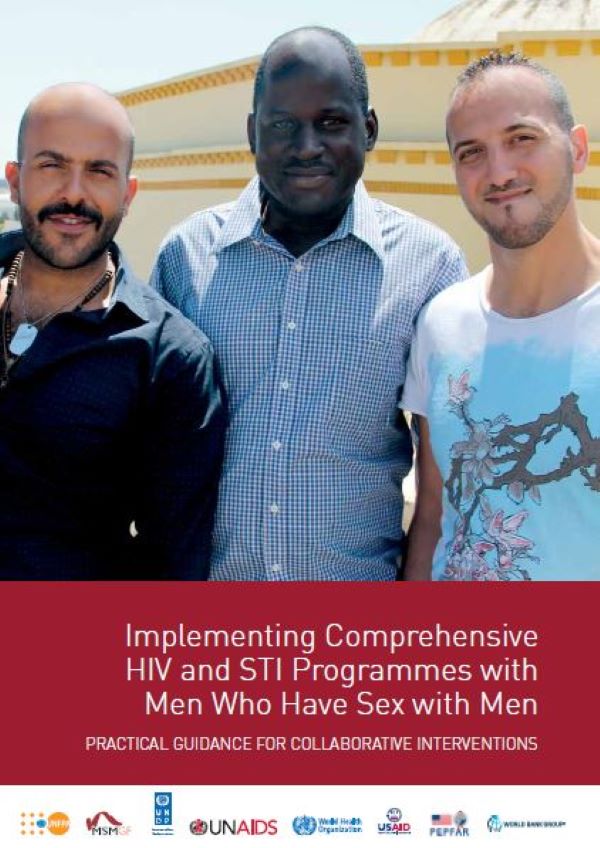
This document sets out technical recommendations on effective interventions for the prevention and treatment of HIV and other sexually transmitted infections (STIs) among men who have sex with men. It also contains examples of good practice from around the world that may support efforts in planning programs and services and describes issues that should be […]
Policy Brief: Pre-exposure prophylaxis PrEP: WHO expands recommendation on oral pre-exposure prophylaxis of HIV infection
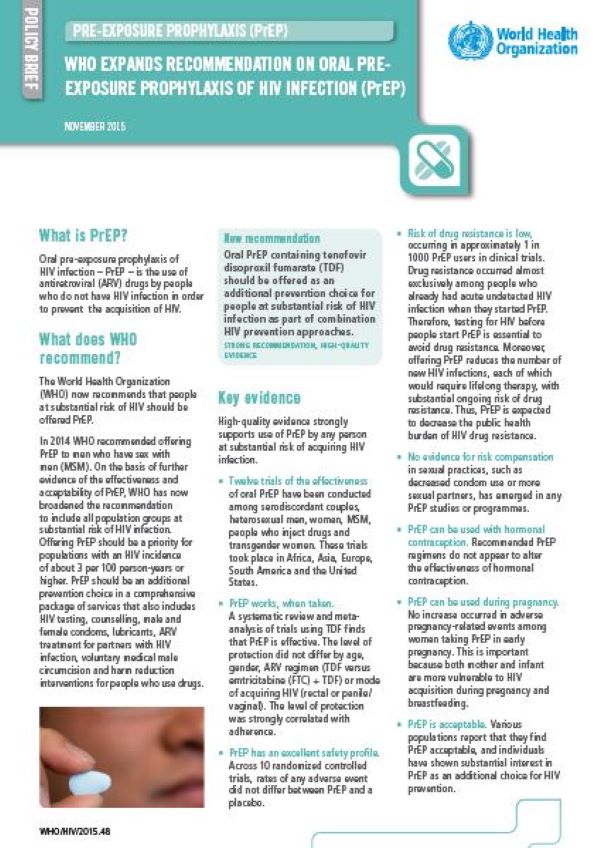
This policy brief outlines updated WHO recommendation on the use of PrEP to prevent the acquisition of HIV.


